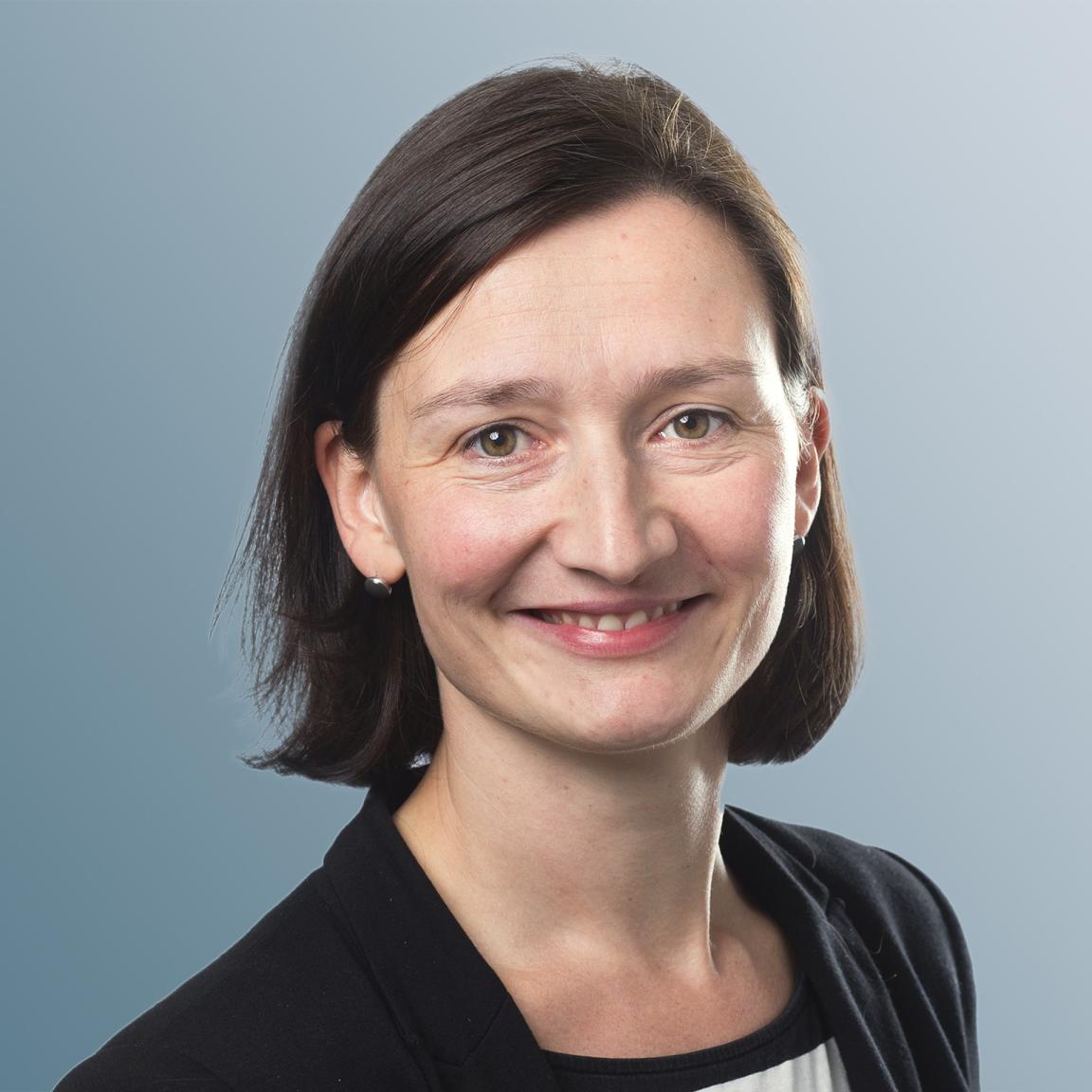Press
Welcome to GIZ’s press section. Here you can find our press releases, press materials and information about GIZ
Press contact
Please contact our press office for your initial inquiry
Corporate Communications and Public Relations
-
 Joachim GöskeDirector of Corporate Communications
Joachim GöskeDirector of Corporate Communications -
 Ute SchaefferGIZ Spokesperson and Director of Media and Public Relations
Ute SchaefferGIZ Spokesperson and Director of Media and Public Relations -
 Julia JakobE-Mail julia.jakob@giz.de
Julia JakobE-Mail julia.jakob@giz.de -
 Corinna KuhsE-Mail corinna.kuhs@giz.de
Corinna KuhsE-Mail corinna.kuhs@giz.de -
 Max BosseE-Mail max.bosse@giz.de
Max BosseE-Mail max.bosse@giz.de -
 Alyssa DammE-Mail alyssa.damm@giz.de
Alyssa DammE-Mail alyssa.damm@giz.de -
 Hannah DorgeistE-Mail hannah.dorgeist@giz.de
Hannah DorgeistE-Mail hannah.dorgeist@giz.de -
 Carmen FuselerE-Mail carmen.fuseler@giz.de
Carmen FuselerE-Mail carmen.fuseler@giz.de -
 Jens-Peter HilgefortE-Mail jens-peter.hilgefort@giz.de
Jens-Peter HilgefortE-Mail jens-peter.hilgefort@giz.de -
 Fabio KallaE-Mail fabio.kalla@giz.de
Fabio KallaE-Mail fabio.kalla@giz.de -
 Tanja StumpffE-Mail tanja.stumpff@giz.de
Tanja StumpffE-Mail tanja.stumpff@giz.de
Postal Address
Deutsche Gesellschaft für Internationale Zusammenarbeit (GIZ) GmbH Unternehmenskommunikation
Friedrich-Ebert-Allee 32 + 36
53113 Bonn
Deutsche Gesellschaft für Internationale Zusammenarbeit (GIZ) GmbH Unternehmenskommunikation
Dag-Hammarskjöld-Weg 1-5, 65760 Eschborn